About us
Stratos is on a mission to bring disparate Open Science initiatives together in a unified movement with the power to accelerate scientific discovery, fuel innovation, and cultivate equity and integrity in research.
We succeed by connecting ideas, people, projects, and infrastructure in innovative and collaborative ways, leveraging diverse expertise and tools in the service of science.
Openness and excellence
Open Science is not transparency for transparency’s sake. It’s not a copyright license or a data availability statement at the top of a research article. It’s not yet another hurdle researchers must overcome in the race to publication.
Open Science is a toolkit for cultivating excellence in research. It does that by restoring research to its roots: Open Science means conducting research according to its own best-practice standards, and communicating that research on its own timeline, using its own formats and platforms.
Armed with the tools of Open Science, the entire scholarly community — funders, libraries, institutions, and researchers themselves — is empowered to achieve the goals that really matter. Goals like…
Quality research
Reliable investigations, performed to the very highest standards. Intelligently planned, rigorously executed, documented, and reproducible. Research that reputations are built on.
Impactful research
Studies researchers actually read, cite, apply, and build upon — both because they trust the quality, and because they have the access and supporting documentation necessary to do so.
Timely research
Whether they’re working for the good of the entire planet or the survival of a single patient, researchers, legislators, and practitioners need high-quality, accessible scientific research. Not after a ten-month peer review process; not after a year-long embargo — but immediately and on a rolling basis.
Our story
Kristen Ratan founded Stratos in 2019 with the goal of re-imagining scholarly communications around researcher workflows, needs, and goals, using evidence-based strategies to create a system where excellent research could flourish.
Over the course of a twenty-year career in scholarly publishing, she’d come to recognize the same underlying challenges creating inefficiency and waste, and hindering scientific progress across the industry. These systemic problems of infrastructure, standards, funding, and incentives were impossible to adequately address piecemeal or in isolation. Through Stratos, she hoped to apply the tools of business and Open Science in order to develop solutions in a holistic and collaborative way — an approach that would mirror Open Science itself.
Today, Stratos designs and implements solutions to increase the speed, transparency, and impact of scholarly research. In our work, we assist partnering organizations with strategic planning, analysis of workflow and infrastructure needs, implementation and project management, and adopting or building technology.
Stratos Team
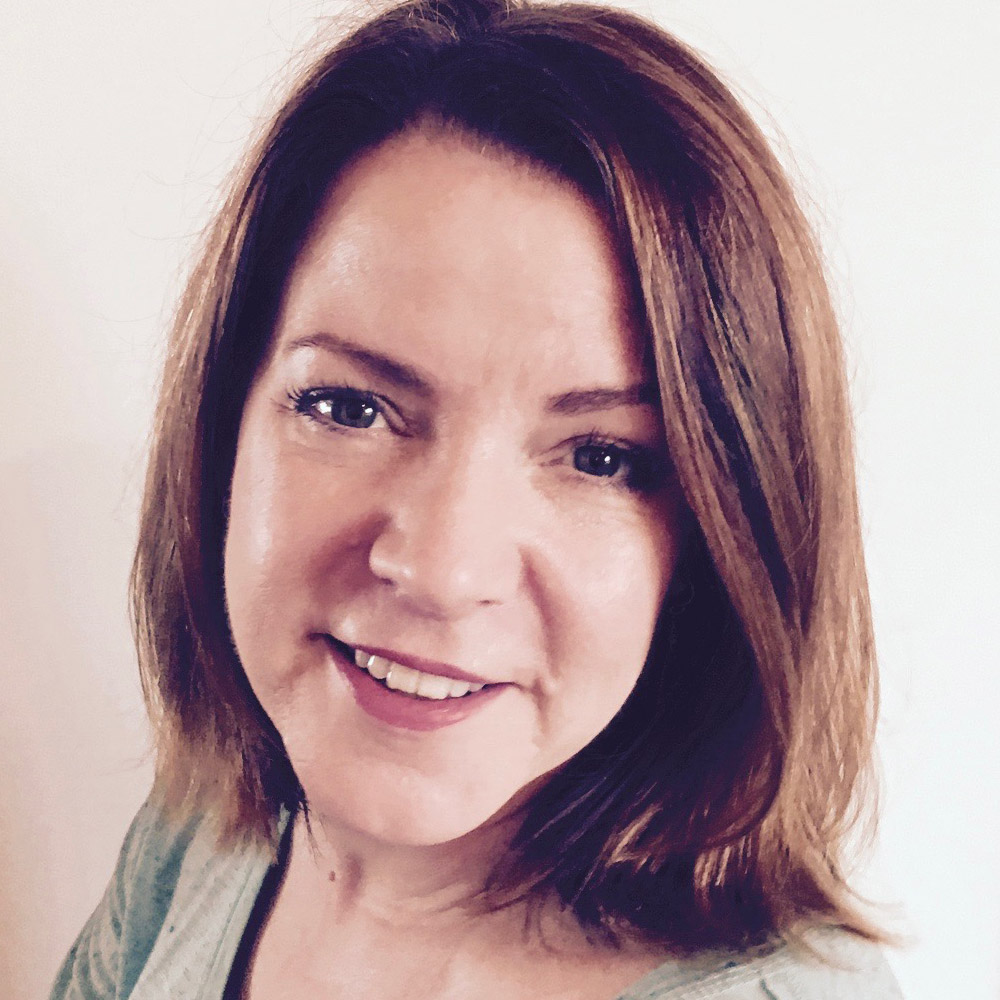
Kristen Ratan
Stratos Founder
Kristen founded Stratos in 2019 to connect open research ideas and initiatives into a movement. She has a 20+ year history working to accelerate advances in science and research communication. She started the ICOR strategic circle, co-founded the Collaborative Knowledge Foundation (Coko), and was the Publisher at the Public Library of Science (PLOS). Kristen is on the board of the ASAPbio, Rapid Science, and the American Institute of Physics Publishing, and the advisory boards of DataSeer, Stencila, PREreview and Invest in Open Infrastructure.

Jennifer Kemp
Stratos Director Consulting Services
Jennifer brings over 20 years of experience leading initiatives in open research, infrastructure, policy development, and librarianship to her work as Stratos’ Director of Consulting Services. She specializes in finding common ground among diverse stakeholders to inspire and drive change.
“Change of any consequence doesn’t happen without people coming together.”
Stratos Community of Experts
Stratos draws upon a wide network of experienced and talented people including strategic consultants, financial analysts, designers, product managers, software architects and engineers, and project managers.
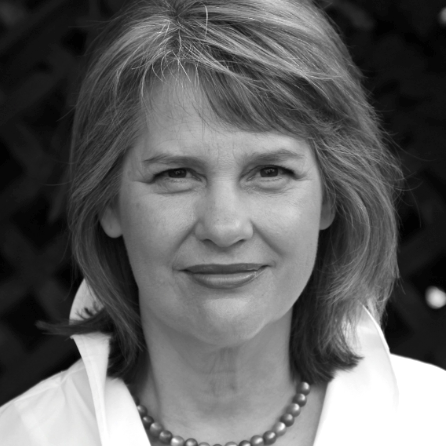
Sarah Greene
Collaboration & Publishing Expert
Sarah is founder and CEO of Rapid Science, a nonprofit organization creating tools and services that accelerate research through collaboration and open science. Her entrepreneurial publishing ventures were acquired by Wiley, Elsevier, and Thomson Healthcare, and she has developed innovative web services and content for the New York Times, the NY Academy of Sciences, Cancer Commons, and Faculty of 1000. Sarah also served as Editor of The Scientist and founding Managing Editor of the Journal of Participatory Medicine.
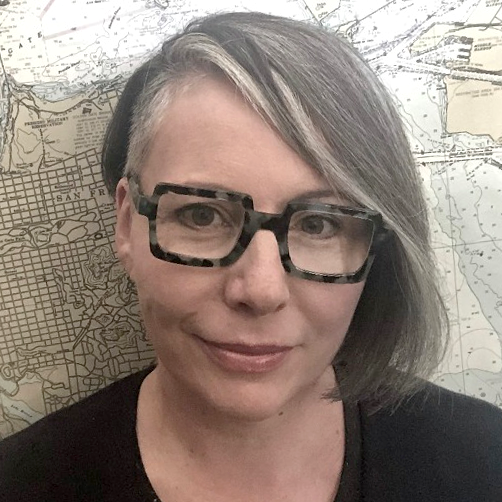
Nicole Martinelli
Content Lead
Nicole is a catalyst who delivers smart, relevant and connected experiences. Her skill set includes writing, editing and multimedia content development working with teams of staffers, freelancers and community members. She previously served five years as editor in chief for Superuser, a publication focusing on open infrastructure and is the founder of Resiliency Maps, an open-source emergency mapping project.
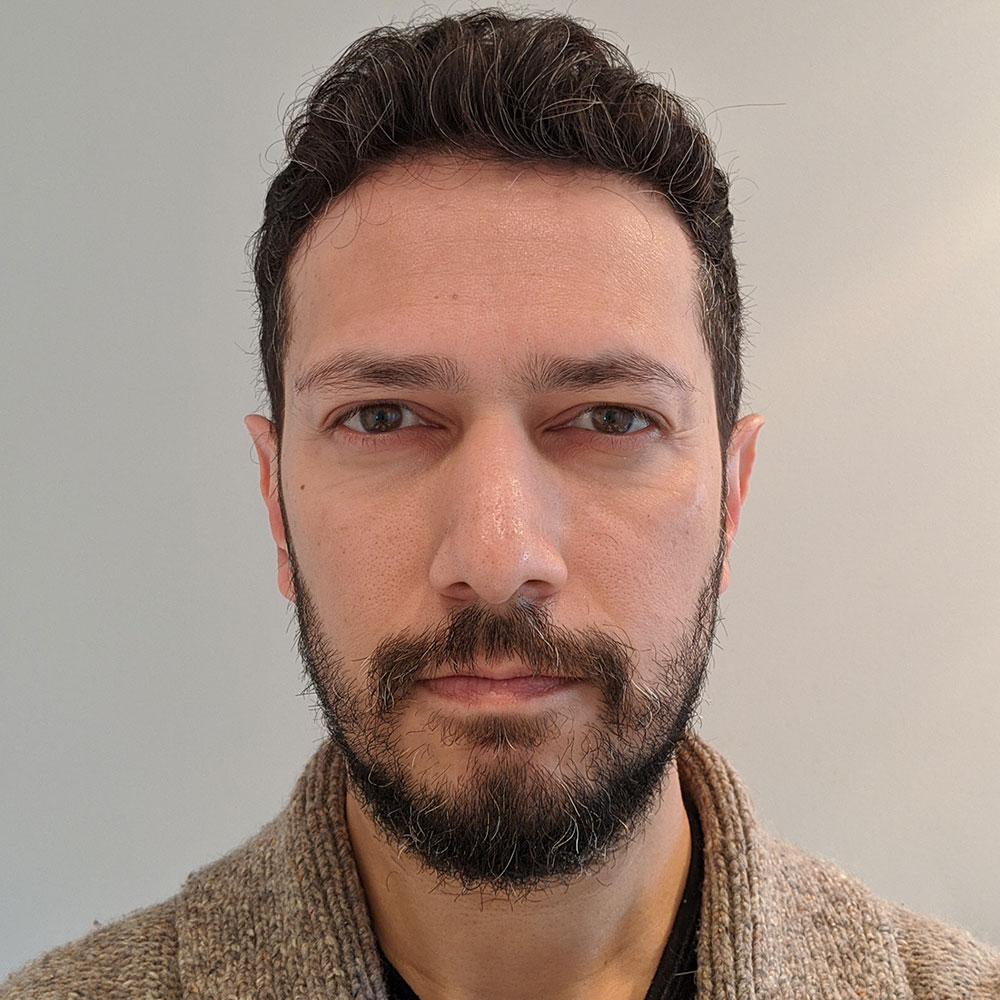
Ash Shairzay
User Experience Design Consultant
Ash is a user experience design consultant and the design co-founder of CeeTOC, a collaboration platform that helps clinicians with difficult cases and develops treatment plans outside the standard of care. Over the years he has worked on several products for researchers, including the Center for Open Science, Cancer Commons, Faculty of 1000 and The Scientist magazine, consulting closely with entrepreneurs and innovators to help shape their vision.
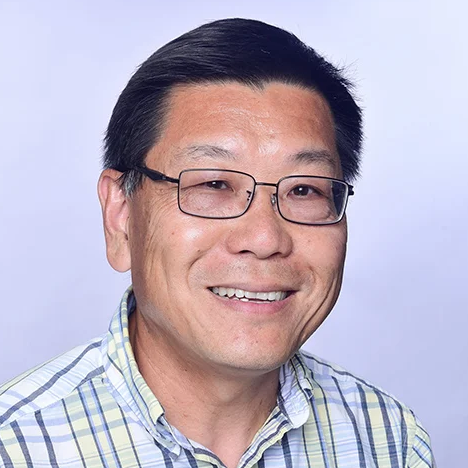
Leslie Chan
Assoc Prof, University of Toronto Scarborough
Leslie Chan is an Associate Professor at the Centre for Critical Development Studies, University of Toronto Scarborough, where he is crossed appointed to the Department of Arts, Culture, and Media. His teaching and professional practices center on the role of “openness” in the design of inclusive knowledge infrastructure, and the implications for the production and flow of knowledge and their impact on local and international development. An original signatory of the Budapest Open Access Initiative, Leslie has been active in the experimentation and implementation of scholarly communication initiatives of varying scales around the world. He has served as Director of Bioline International, an international collaborative open access platform since 2000. Leslie was the principal investigator for the Open and Collaborative Science in Development Network (OCSDNet), funded by IDRC in Canada and DFID in the UK, and the PI of the Knowledge G.A.P project. He serves on the advisory board of the Directory of Open Access Journal, and the San Francisco Declaration on Research Assessment (DORA). Recently he became a member of an international working group on Investing in Open Infrastructure. He has published broadly on open access, open science, and scholarly communications.
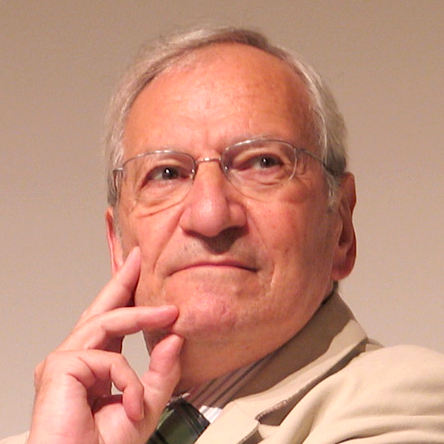
Jean-Claude Guedon
Prof, University of Montreal
Jean-Claude Guédon is an advocate of open access publishing, at University of Montreal; history of science, communications and information technology. Most recently he was the Chair and Lead Author for the Future of Scholarly Publishing and Scholarly Communication: Report of the Expert Group to the European Commission. Jean-Claude has advised numerous governmental bodies and
was named “Leiter Lecturer” at the National Library of Medicine in 1998. He is the founder of the first Canadian scholarly electronic journal Surfaces (started in 1991). Jean-Claude has been a member of the Trustees of the Nexa Center – Internet and Society – at the Politecnico of Turin since 2011. He has won academic prizes such as Prix International Charles Hélou de la francophonie (1996) and the Excellence Prize of the Canadian Society for Digital Humanities/Société canadienne des humanités numériques (formerly known as COSH-COCH) in 2005. In 2018, the Jean-Claude Guédon Prize was established to reward “the best article on the issues of scholarly publications and/or open access.”
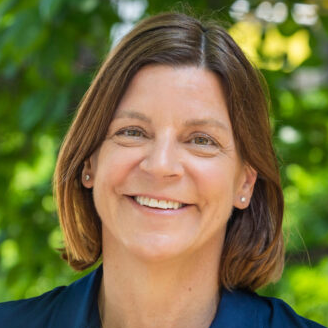
Heather Joseph
Executive Director, SPARC
Heather Joseph is the Executive Director of the Scholarly Publishing and Academic Resources Coalition (SPARC), an international coalition of academic and research libraries that promotes the open sharing of scholarship. She has positioned SPARC as the leading advocacy organization supporting innovative open research and education practices, and is a widely respected expert on national and international open research policy. Prior to joining SPARC, Heather spent 15 years as a journal publisher in both commercial and not-for-profit publishing organizations. She is deeply engaged in the community, serving on the Board of Directors of organizations ranging from the Arcadia Fund to Public Resource. She is a frequent speaker and writer on scholarly communications and higher education issues, and on open access in particular.
